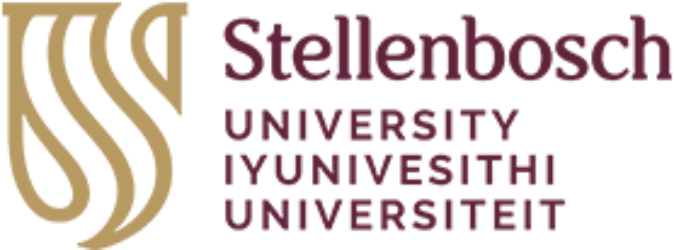
The Library’s agility during the COVID-19 lockdown has been remarkable, considering that only a limited number of staff have been able to work from home. Working from home has only been possible for staff with the infrastructure to do so, or where the nature of their work has allowed it. A week prior to the lockdown, a decision was already taken to close all library buildings to clients and arrangements were made for 50% of staff to either stay at home, or work from home, as a precautionary measure. Consequently, when lockdown started, it was relatively easy for the Library to shift to an online service environment. Some 90% of the most recent information resources are available in digital format and most of our processes are performed electronically.
The Library and Information Service of SU has functioned as a hybrid library (i.e. both virtual and physical) for more than 20 years. The Library’s involvement in e-learning for a number of years has meant that many of our guides have been online and integrated into SUNLearn, and that a substantial proportion of training has been done online. Our 24-hour reference service, Ask a Librarian, has been functioning for more than ten years, the system to submit theses and dissertations electronically has been operational since 2008, and electronic books and training sessions on YouTube are available. As with all academic libraries, the Library is adaptable, agile and at the forefront of technological change, and therefore was ready and well-positioned to serve the online learning environment that SU has embarked on. Services during lockdown are being promoted and continually updated on the Library website, social media and other platforms.
Many of the Library’s training workshops for postgraduate students went online from 30 March. They have been well attended and have received excellent client feedback from as far afield as Japan. The workshops have included Overview of software for effective data analysis and data visualisation, Tips on how to format your thesis (MS Word), Copyright issues in theses and dissertation writing and Introduction to data visualisation with Tableau Public and RAWGraphs.
The Library’s online offering will be further enhanced through a new project to merge its physical heritage collections with the digital space by embedding the description of its data collections into the linked-data web for better discoverability and access. In doing so the Library is investigating current and potential approaches to build, or design access to, digital cultural heritage collections with the aim of supporting their computational use, augmentation and reuse for the purpose of scientific research.
